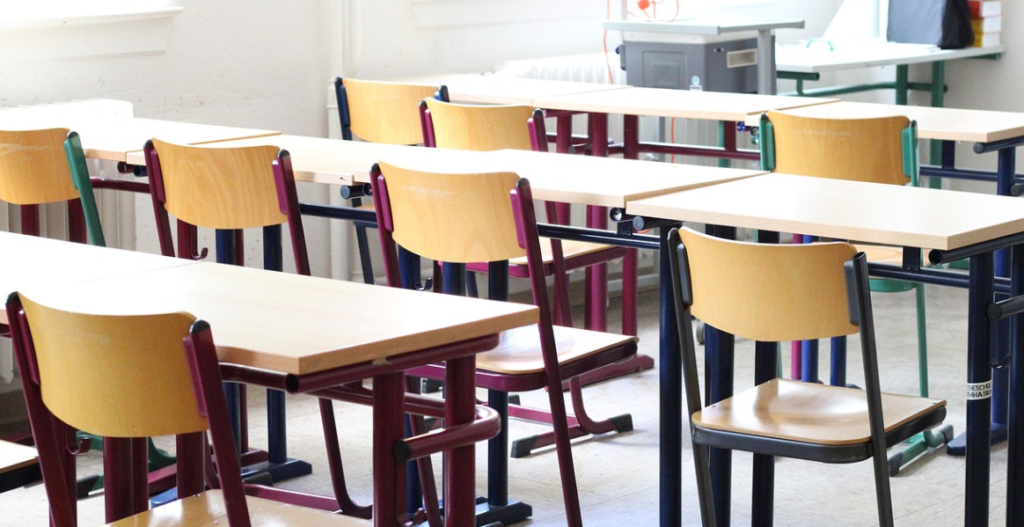For generations, education has largely been measured by numbers—test scores, report cards, and GPA. While these metrics can offer some insight into a student’s academic progress, they only tell part of the story. In a rapidly evolving world where creativity, empathy, adaptability, and critical thinking are just as important as memorization and calculation, it’s time to rethink the true purpose of education.
1. Education as a Tool for Personal Growth
Rather than focusing solely on performance and grades, education should prioritize the holistic development of individuals. This includes:
- Self-awareness: Helping students understand their values, passions, and potential.
- Emotional intelligence: Encouraging empathy, resilience, and effective communication.
- Confidence: Empowering learners to take risks, fail, and grow from experience.
When students are encouraged to see learning as a journey, not a competition, they are more likely to stay motivated and engaged.
2. Cultivating Lifelong Learners
Grades often suggest that learning has a start and end point. In reality, education should instill the habit of continuous learning. To prepare students for a changing world, schools should:
- Promote curiosity and exploration.
- Emphasize learning how to learn.
- Encourage questioning, not just answering.
Shifting the focus from results to process builds a mindset that adapts well to future challenges.
3. Preparing for Real-World Challenges
Traditional education often lacks practical application. Many students graduate with little understanding of financial literacy, civic responsibility, or how to navigate complex social systems. A redefined educational purpose should prioritize:
- Critical thinking over rote memorization.
- Collaboration and problem-solving.
- Real-world skills such as communication, leadership, and ethical reasoning.
By integrating real-life relevance into the curriculum, schools can prepare students to be competent and conscious members of society.
4. Redefining Success
If success in school is defined only by grades, we risk overlooking talents and strengths that fall outside of traditional academic metrics. Not every student excels in standardized testing, but many thrive in art, music, sports, or community service.
Success should be defined more broadly to include:
- Creativity and innovation
- Compassion and social awareness
- Initiative and perseverance
Recognizing multiple forms of intelligence allows all students to shine.
5. Encouraging Equity and Inclusion
A system overly focused on grades often amplifies inequality. Students from marginalized backgrounds may lack access to tutoring, resources, or stable learning environments, putting them at a disadvantage in a grade-driven system.
A reimagined educational model must:
- Provide equal opportunities to succeed.
- Tailor learning approaches to different needs.
- Value diverse cultures, experiences, and ways of thinking.
6. Conclusion
Education should be more than a race to the highest GPA. It should be about developing individuals who are thoughtful, capable, and compassionate. By moving beyond grades and focusing on deeper, more meaningful goals, we can create educational systems that truly serve the needs of students—and the societies they will help shape. The purpose of education must evolve to reflect the complex, interconnected world we live in today.


